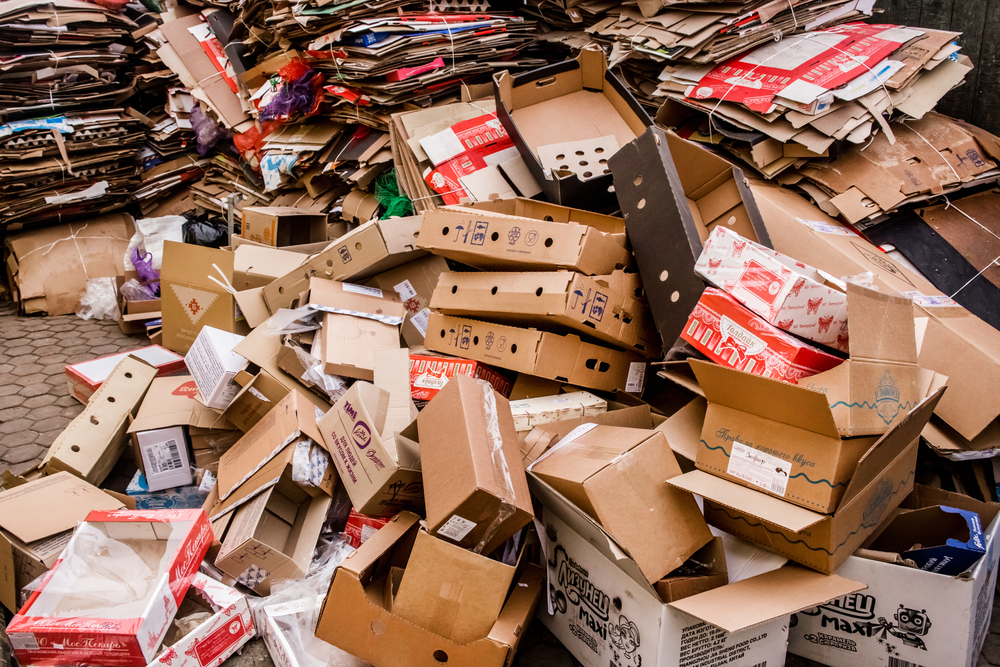Companies need to start caring as much about human health as they do about profits.
Amy Domini | April/May 2010 issue
When I was a child, my parents gave me a “science kit” that contained samples of rocks, minerals and metals. It was wonderful. I’d pull out a sample of quartz and memorize what it looked like. Soon I would be able to spot it out in the wilds of New England. But I never could find my three favorites: asbestos, lead and mercury.
Asbestos was intriguing. You could pull fibers off it and even though they looked like little feathers, they wouldn’t burn. Lead looked so small and weighed so much; it seemed impossible. And mercury would roll up into a ball and could be split and the bits would come together again as a new ball. I guess hazardous materials have been in toys for a long time.
The past year we have seen repeated recalls of toys and baby bottles and even children’s jewelry. During my childhood, companies were still lying about the safety aspects of asbestos, lead and mercury, but these businesses did label them. Today, the situation is worse. We don’t know what is in everyday products. Incredibly, the Environmental Protection Agency (EPA) is only beginning to review chemicals in wide use to determine safety, and the Food and Drug Administration (FDA) doesn’t even regulate certain products, like cosmetics, that contain numerous toxic chemicals.
The FDA is turning its attention to bisphenol A (BPA), found in hard, clear polycarbonate bottles and the linings of canned foods, to name just two common uses. While I appreciate the effort, the book Our Stolen Future broke the story more than a decade ago that BPA almost certainly mimics hormones in the body, leading to a host of unpleasant effects. Why did the FDA stall for a decade?
Canada has already banned BPA in baby bottles and New York Times columnist Nicholas Kristof wrote that doctors at Mount Sinai School of Medicine in New York City suggested he not microwave food in plastic, not put plastic in the dishwasher and avoid plastic with recycling numbers 3, 6 and 7.
On the EPA’s list are phthalates, used in vinyl and cosmetics; brominated flame retardants, added to electronics and other goods; perfluorinated compounds used in non-stick coatings and food packaging; some parafins, used in lubricants; and benzidine, used in dyes and pigments. My firm has filed shareholder resolutions asking companies to address the risks of a number of these toxins, as well as parabens, a preservative used in countless products. These chemicals are known to be dangerous to humans.
The problem goes beyond possible harm to you from eating soup from a plastic bowl that released a toxin when you heated it. It has entered the life cycle chain. Our babies are born with dangerous chemicals already at work in their bodies. In a recent report, the Environmental Working Group found that the umbilical cords of 10 newborns contained 287 chemicals; nine out of 10 contained BPA. Of these 287 chemicals, 180 cause cancers in humans or animals, 217 affect our brains and nervous systems and 208 cause birth defects. I’m going to bet these mothers did not knowingly ingest arsenic during pregnancy. The natural environment exposed them to it because our environment itself is polluted.
It doesn’t need to be this way. We don’t need the harmful chemicals for the products we make. There was a time when all insulation contained asbestos. Although the damage caused by asbestos was known to the ancient Greeks, who used condemned slaves to mine it, our building companies found it to be cheaper than alternatives and so condemned thousands to die. Although mercury poisoning was recognized in Elizabethan times, leading to the term “mad hatter” (mercury was used for making felt from animal pelts), our thermometer manufacturers, who packaged a toxic element in fragile glass, found it to be cheaper than alternatives and so condemned thousands to die.
I am grateful that our government is finally assessing the danger of using these commonplace chemicals, but it doesn’t make me feel better. What would make me feel better is a regulatory system; that will only happen when business leaders care as much about human health as they do about profit.
Amy Domini is the founder and CEO of Domini Social Investments, and author of several books on ethical investing.












